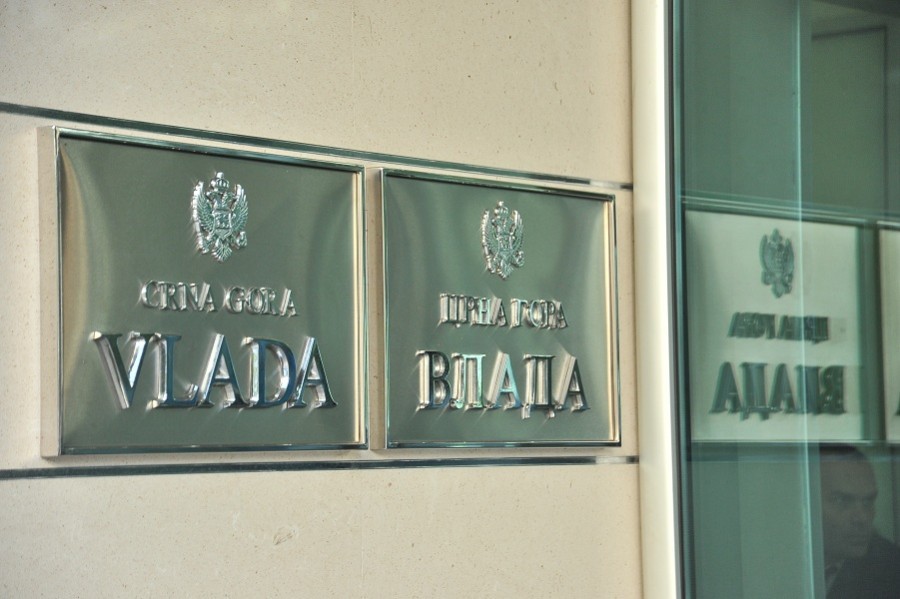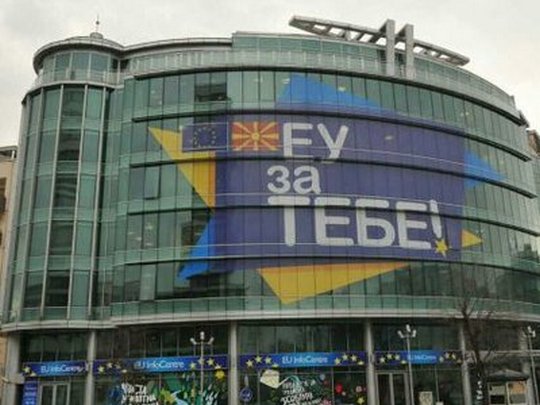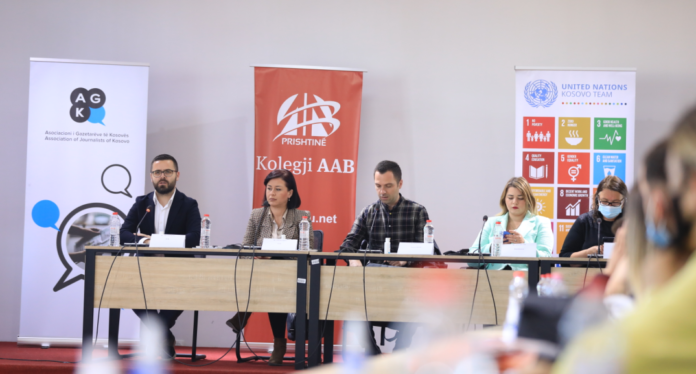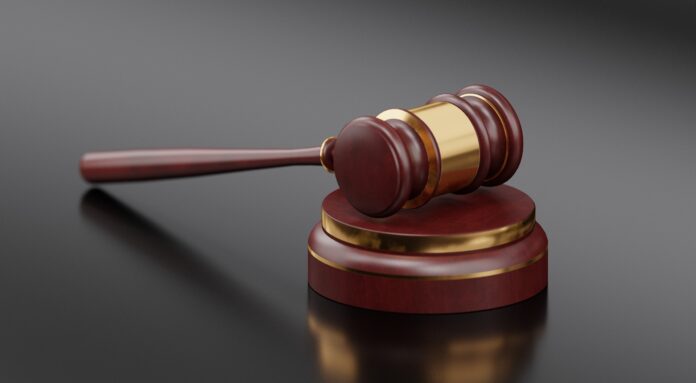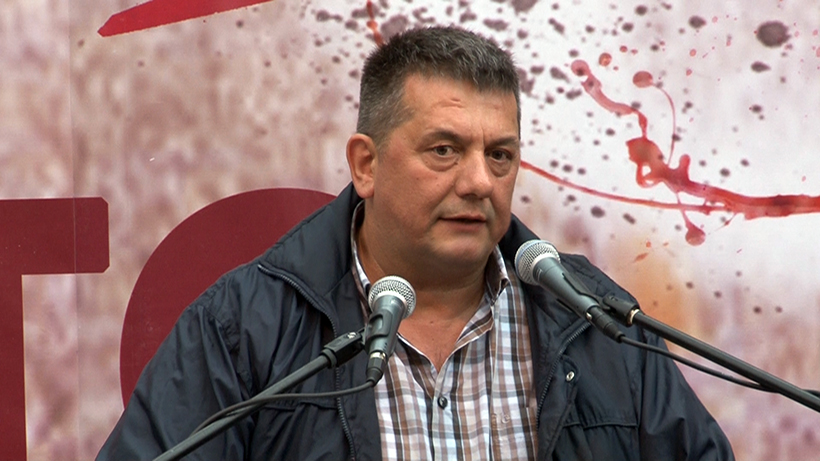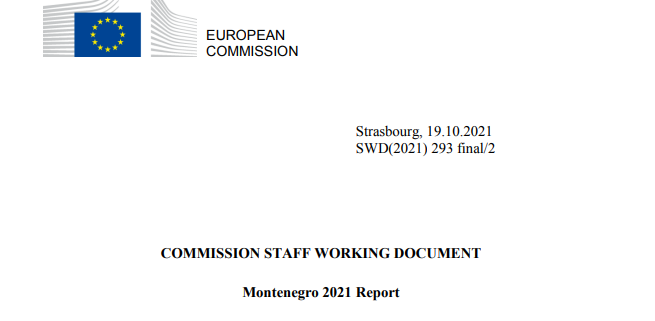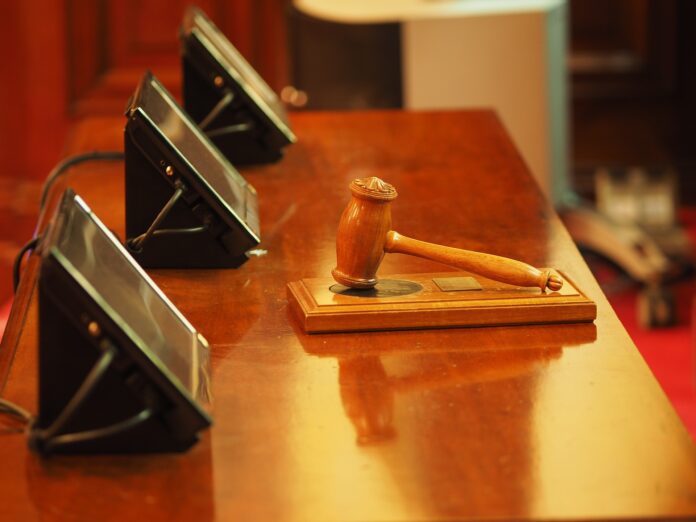PODGORICA, 29.10.2021 – The competent prosecutor’s offices did not submit to the Commission for Monitoring Investigations of Attacks on Journalists the requested information from the investigations of two attacks on Tufik Softić (2007 and 2013) on whether any action has been taken since October 2019 by prosecutors.
This is written in the latest report on the work of the Commission for monitoring the actions of the competent authorities in investigating cases of threats and violence against journalists, murders of journalists and attacks on media property for the period from June 4 to October 4 this year.
During that period, the Commission processed nine cases of attacks on journalists to the detriment of seven journalists. Of those, five attacks occurred this year, and four in the earlier period.
The Commission concluded that in the case of the 2018 attack on Olivera Lakic, the Higher State Prosecutor’s Office and the Special State Prosecutor’s (SDT) Office did not submit “complete/no documentation” to the Commission at the time when the case was under their jurisdiction, and that the SDT from 23 December last year did not interrogate the injured party Lakic, nor did enable her to participate in the case as the injured party”, it is written in the conclusions.
The Commission recommended that the Supreme State Prosecutor’s Office issue a binding instruction to the SDT to submit case files to the Commission without delay in both cases, so that it can perform tasks within its competence, and to request detailed information from the Special and Higher State Prosecutor’s Office in Podgorica regarding the attack on Lakić from 2018, and informs the Commission about it, because this investigation lasts more than 30 months, bearing in mind that the police and the prosecution on February 19, 2019, claimed that the case was clarified.
The commission concluded that, according to the available documentation, the police did not appreciate whether Vladimir Vukovic, an actor in the case of the attack on Nebojsa Sofranac, committed a violation, nor was there an investigation into who made threats from profiles on social networks. The commission recommended that the police prosecute the suspects ex officio, regardless of the fact that Sofranac stated that he did not want to prosecute them.
The commission concluded that in the case of the attack on Sead Sadikovic, from March this year, it is not clear why the police filed criminal charges against only two participants in the incident when witnesses claim that there were more attackers, and that the prosecutor did not investigate why on surveillance footage nine key seconds are missing, ie “whether any of the persons who have access to the video surveillance system have the possible intention of deleting or modifying parts of the video”, which was suggested by the police.
“The commission recommended that the DVR on which the disputed recording is located be sent to the Forensic Center for expertise, in order to determine that, as well as for the Supreme State Prosecutor’s Office to supervise the work of the state prosecutor’s office in this case and determine whether the prosecutor’s office takes all measures and actions in accordance with the law and inform the Commission thereof “, the report states.
The commission concluded that the submitted documentation on the case of the attack on Esad Kocan did not show whether the veracity of the accused’s testimony regarding the motive for coming to the location where he met Kocan was checked, as well as whether he had been seen there before.
“Based on the available documentation, the Commission concluded that in two processed cases (attack on Jelena Jovanovic, March 14, 2021 and attack on Slavica Kruscic Vasovic, June 18, 2021), the police and the competent prosecutor’s office took all measures and actions within their competence, while in other cases, there are possible omissions by the police and the prosecutor’s office, as well as room for their more agile action in order to resolve cases comprehensively and process all those responsible, including possible perpetrators, “the report cites.
At the same time, the impression of the Commission is that the police acted relatively more successfully within their competence in the processed cases, than it is the case with some competent prosecutor’s offices, the report adds.
The Commission also stated that the police responded to their inquiries and requests for documentation more promptly and completely in relation to the competent prosecutor’s offices and the National Security Agency, which submitted a certain part of the answers to the Commission after several months.
The Special State Prosecutor’s Office refused to submit documentation on one case to the Commission, citing the fact that the Commission “is not a party to the criminal proceedings within the meaning of Art. 203 of the Criminal Procedure Code ”, the report states.
The Commission recommended to the competent state authorities to efficiently submit the answers requested by the Commission.


